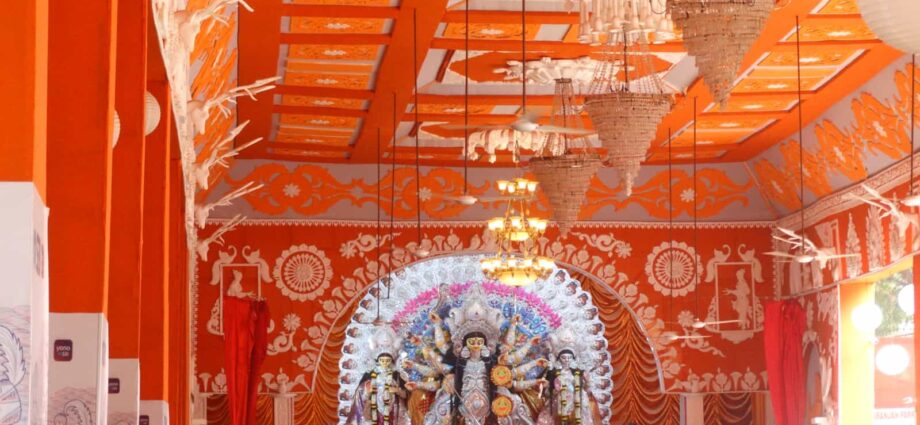With inter-cultural marriages creating a potpourri of population, defining a mother tongue has become quite challenging
In the Hindi heartland, mother tongue is a misnomer. We officially claim our mother tongue to be Hindi, even though our mothers speak Angika, Bhojpuri, Maithili, Vajjika. Braj or Avadhi. The identities of all these languages get subsumed under one rubric—Hindi. Moreover, we as children learnt to speak not our mother tongue but our father tongue spoken at home, even though our mothers continued singing lullaby songs in their own tongue. People of my generation still speak in these languages (Angika, Bhojpuri, etc.) while speaking to their parents, brothers and cousins. We are the last ones to do that it seems, for our children do not speak any of these languages. They speak either in Hindi or English and often chat in their millennial speak.
Moreover, I think defining a mother tongue in the Indian context is becoming more and more challenging. The preponderance of inter-state marriages is creating a potpourri of population. Mothers these days play nursery rhymes in English on digital devices rather than singing lullaby songs in their mother tongue.
Many of our lullaby songs reveal our history. Bengali mothers of yesteryears used to sing a lullaby song, which referred to ‘Baragis’ or ‘the Marathas’ who used to collect taxes ruthlessly from Bengali populace during Maratha invasions in the Shivaji and post Shivaji period. Burdened with these taxes, Bengali mothers ruefully hummed: “…Baragi Ello Deshe, Khajna Deebo Kise”. When I get invited to a marriage wherein a Maratha boy is getting married to a Bengali girl or vice versa, I often muse whether ‘Baragis’ are coming home to collect their taxes, now long overdue
Communicating in such inter-state relationships is also a minefield and one needs to tread with caution, for not only the language but also the sign language differs. One of my Punjabi professors told me an interesting thing that when he asked out a South Indian girl, after mustering courage for weeks, she shook her head sideways or horizontally. My professor thought that she had refused to go out with him and felt dejected till a South Indian friend came to rescue. The South Indian friend explained that shaking head horizontally (not vertically) means ‘Yes’ in their part of the world. Thanks to this explanation, my professor later got married to his South Indian girlfriend and lived happily thereafter to tell many such tales.
It is said that when asked about his mother tongue or ‘Matribhasha’, Khushwant Singh jokingly replied, “English, though my mother can’t speak a word of it”. Jokes are often humor-coated truths that come out of our unconscious mind. What Mr. Singh was telling jokingly is also plain truth for people from the Hindi heartland who are from my generation—people in their forties or fifties or even older. When it comes to filling out forms for official reasons, we write ‘Hindi’ as our mother tongue or first language, though our mothers never or seldom spoke in Hindi. Many of us are lucky to have our mothers alive. And when we speak to them, we speak in Angika, Maithili, Bhojpuri, etc., not in Hindi. A majority of our mothers did not receive education like the women from the same families in the subsequent generations did. So, they are comfortable speaking those languages they learn naturally first at their father’s place and later at their father-in-law’s place.
So, when we say mother tongue, we mean the language spoken in our father’s family, which, in many cases, our mothers started learning only after their marriage. What we call ‘mother tongue’ is actually ‘father tongue’. We all know it, but we do not say it— it’s the elephant in the room!

